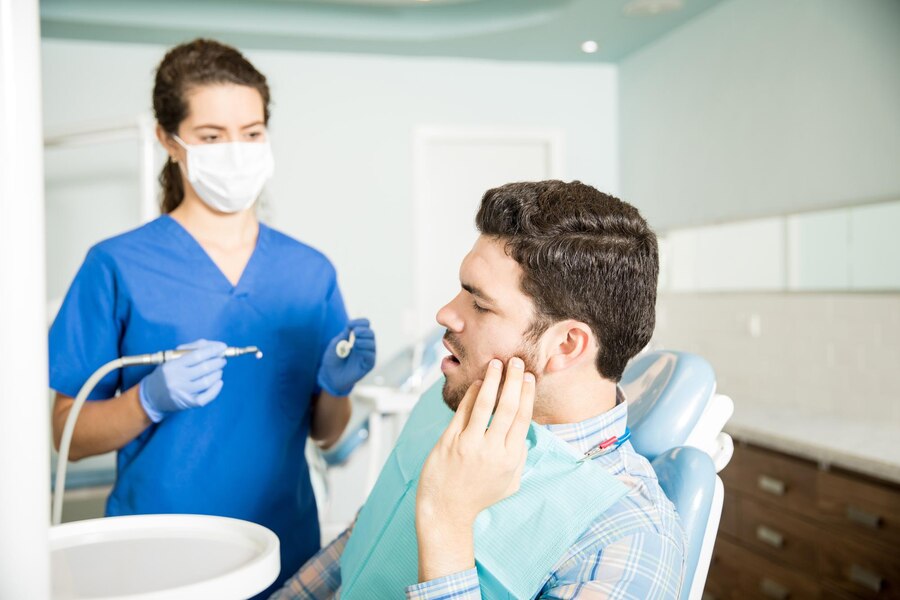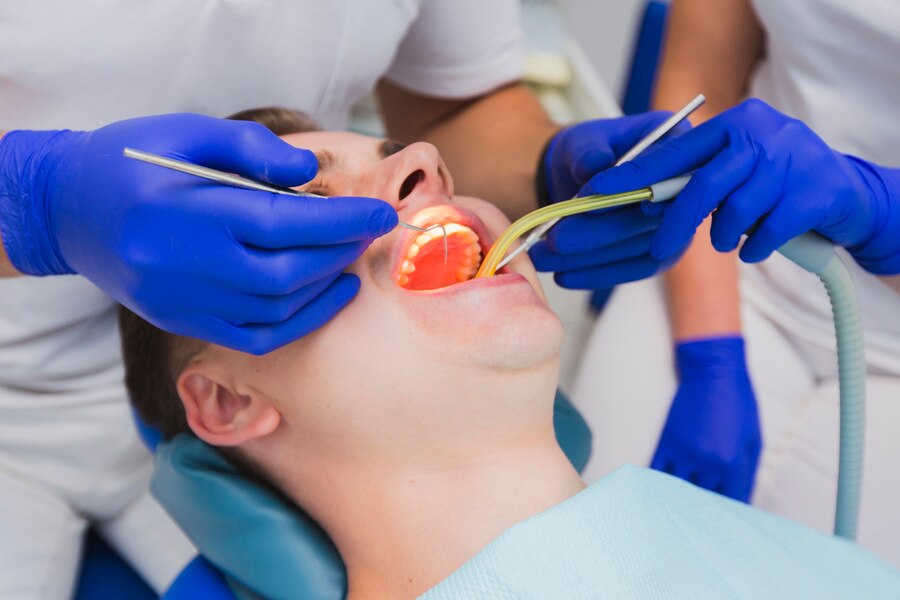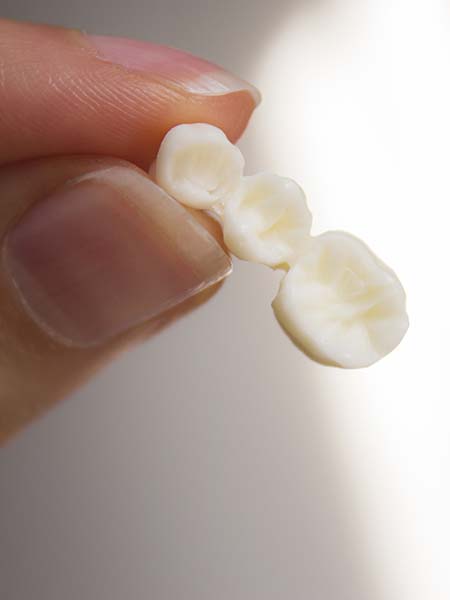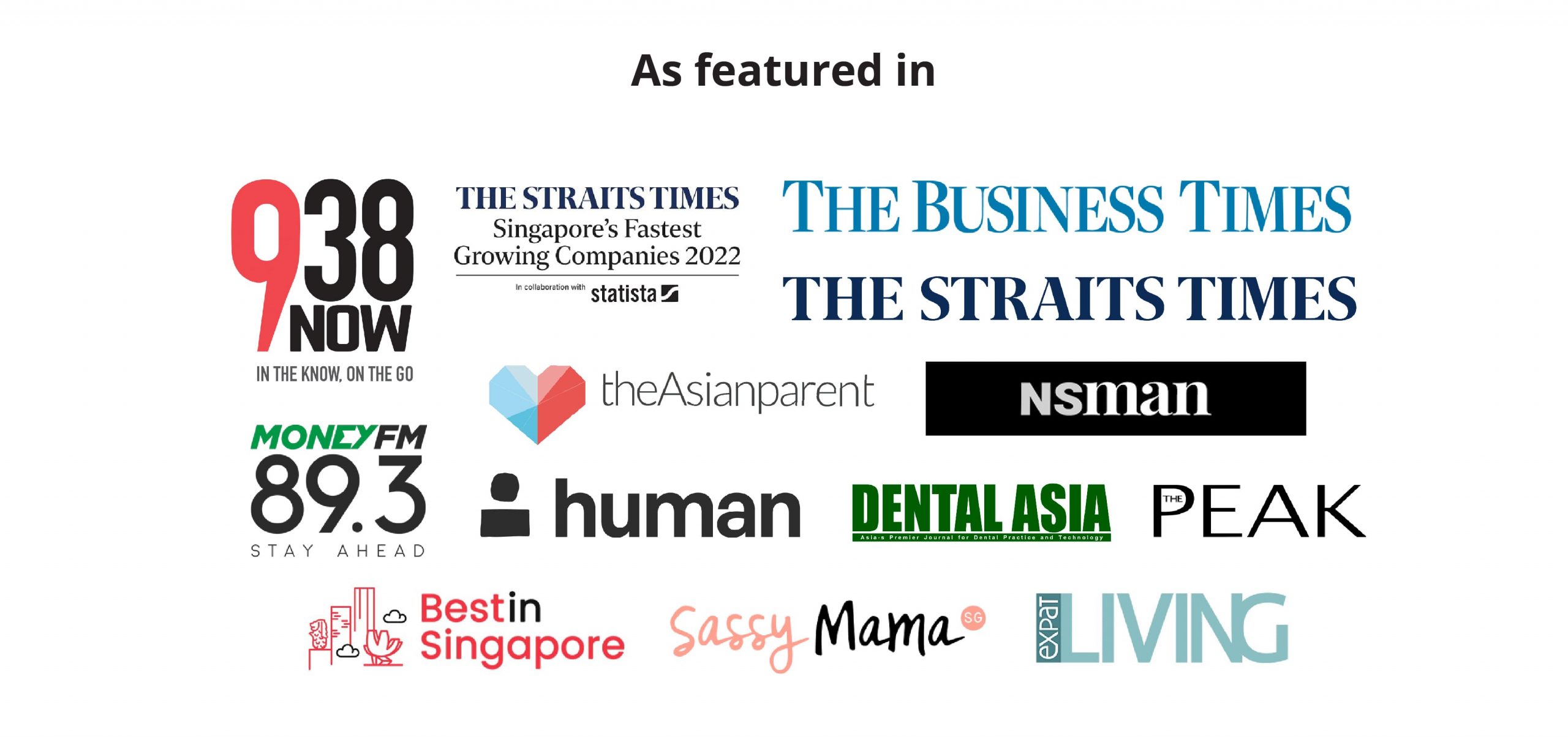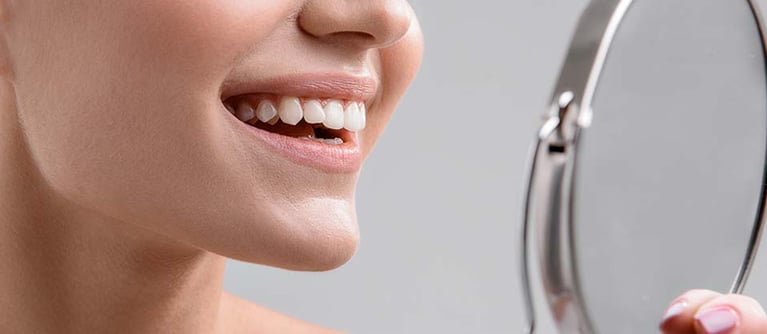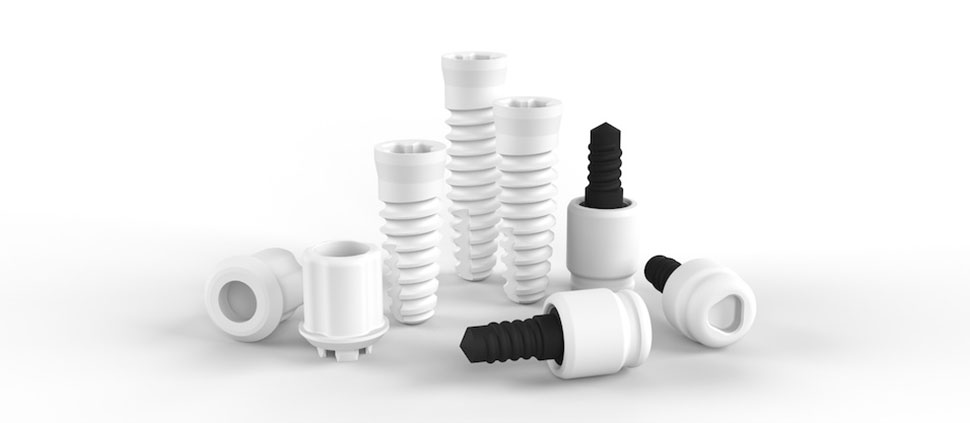Wisdom teeth are the third set of molars, which normally emerge between the ages of 17 and 25. These are the final permanent teeth to emerge, and while some people have no concerns, wisdom teeth frequently cause problems due to a shortage of room in the mouth. When wisdom teeth are unable to develop properly (known as impaction), they can cause discomfort, swelling, and other issues.
Many people have impacted wisdom teeth, which can
- Grow at an angle to the adjacent tooth (second molar).
- Grow at an angle, towards the back of the mouth.
- Grow at a right angle to the other teeth, “sideways” in the jawbone.
- Grow straight, but remain locked inside the jawbone.
Impacted wisdom teeth frequently cause discomfort, infections, and damage to neighbouring teeth, necessitating extraction by a dentist or oral surgeon. In Malaysia, wisdom tooth extraction is a common dental procedure. If you are in pain, seeking immediate treatment can prevent future issues and protect your long-term dental health.
Nuffield Dental specialises in wisdom teeth extractions, ensuring that you receive prompt, effective treatment to alleviate discomfort and maintain your smile.
Book your consultation today and let our skilled team handle your dental needs.







